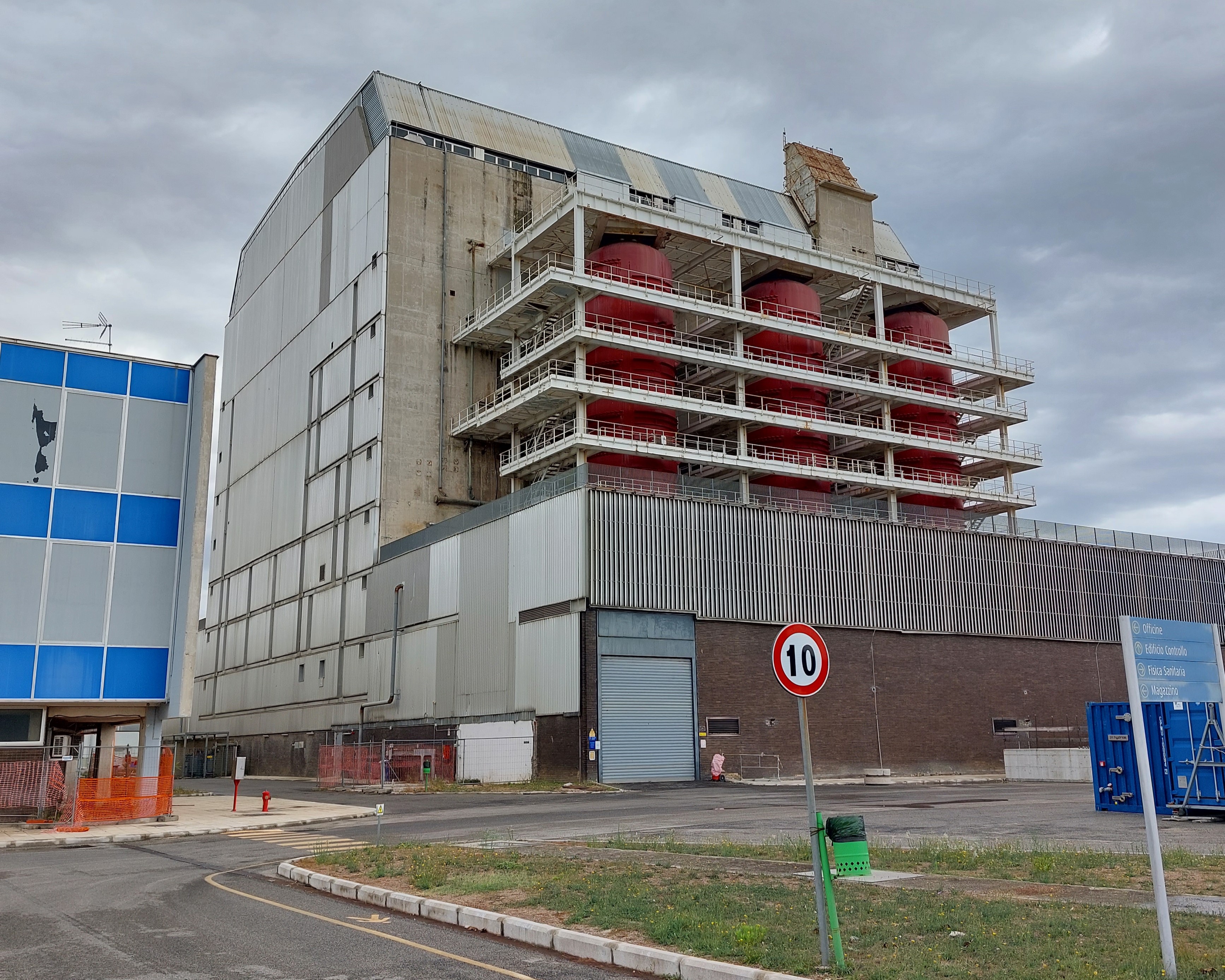Half-Lives/Afterlives: Labor, Technology, Nature, and the Nuclear Decommissioning Business (NUCLEARDECOM)
Is nuclear technology a viable option to abate carbon emissions and save the planet from global warming?
During the recent COP28 meeting, several world leaders committed to relaunching the nuclear solution, but many environmental problems of this technology remain unresolved. For example, what happens to nuclear power plants when they become obsolete? Nuclear decommissioning is the final part in the life of nuclear power plants (NPPs) after they permanently cease to operate. Decommissioning strategies, including the management of hazardous materials, largely depend on NPPs reactor technology, operating history, and ecological context and therefore require long-term and site-specific projects, whose complexity far exceeds the commonly debated problem of waste disposal. Treated as a marginal issue until the mid-1970s, nuclear decommissioning became a crucial expert sub-field when first generation NPPs permanently shut down. Since then, it has expanded globally, with more than one hundred nuclear facilities undergoing decommissioning, and is destined to grow further as countries like Italy (1991) and Germany (2011) decided to phase out nuclear energy production. Despite the magnitude of the phenomenon and its impactful socio-ecological implications, decommissioning has remained a problem almost exclusively dealt with by technical experts.
This project proposes a holistic view of decommissioning through a dynamic and comprehensive analysis of expert strategies, workers practices, and local communities’ responses to decommissioning projects in Western Europe and in the US. To this end, it adopts a comparative, interdisciplinary approach consisting of two main components. First, it documents the history of the nuclear decommissioning industry from its inception to the present. Second, it produces ethnographic evidence of how expert knowledge, working practices, ecological conditions, and community involvement shape site-specific decommissioning projects.
NUCLEARDECOM is funded by the EU Marie Skłodowska Curie Action Program (individual fellowship, grant no. 101025603), and led by Davide Orsini.


